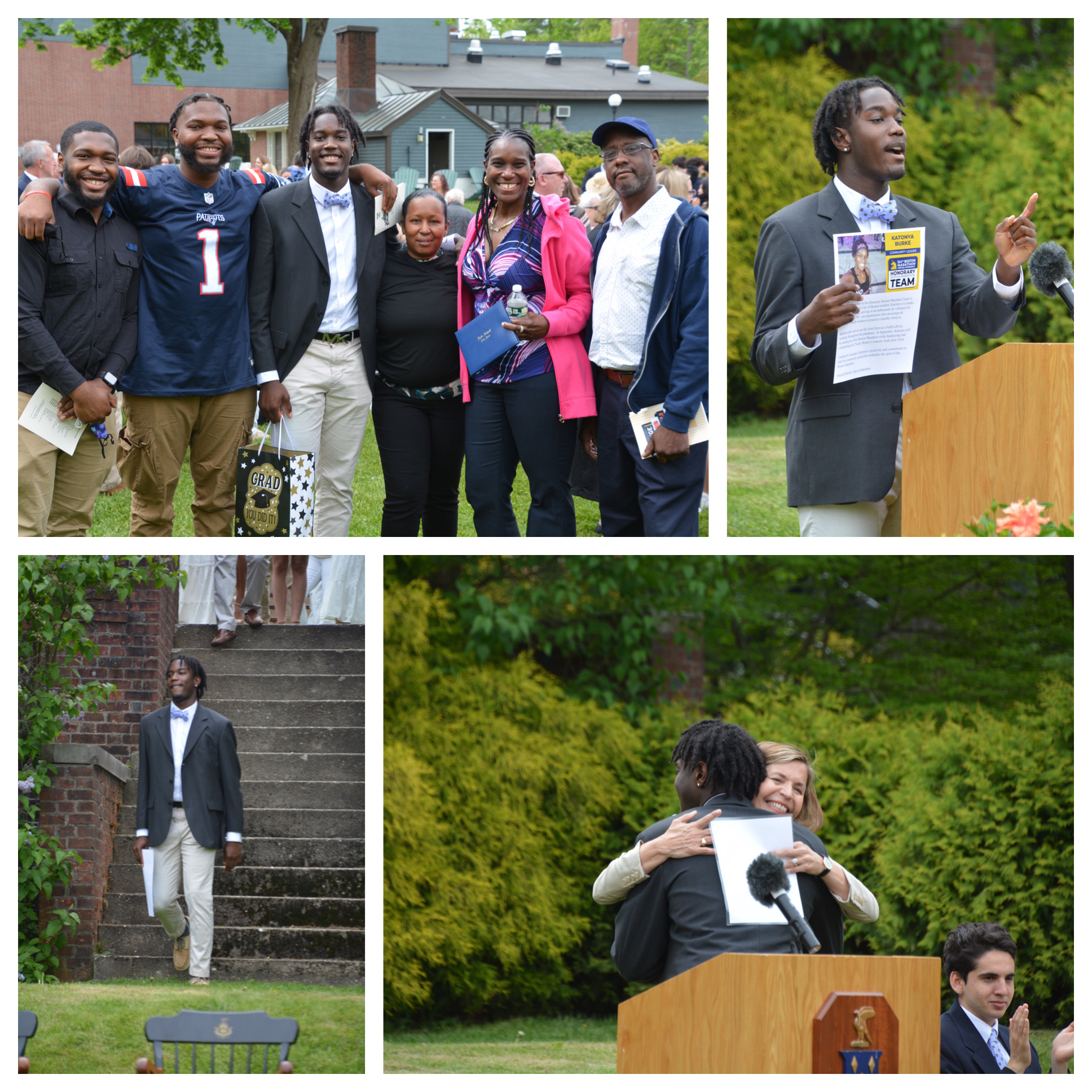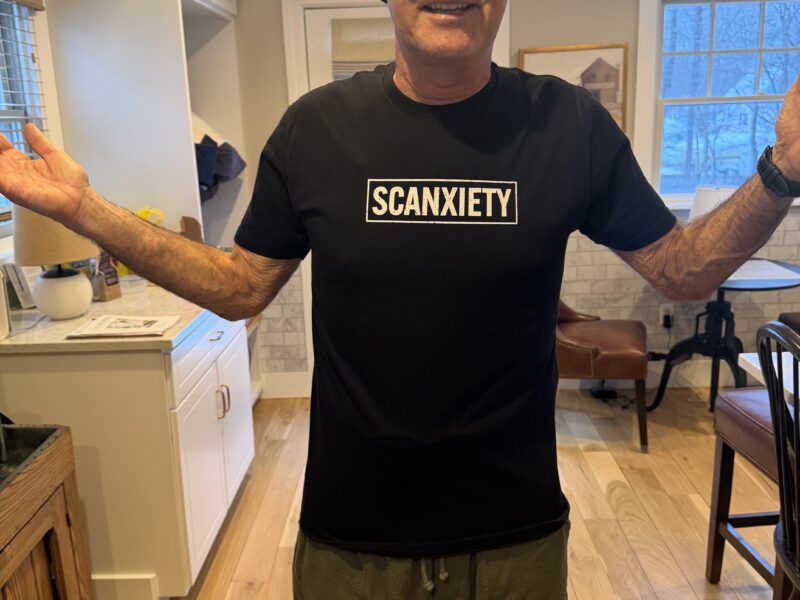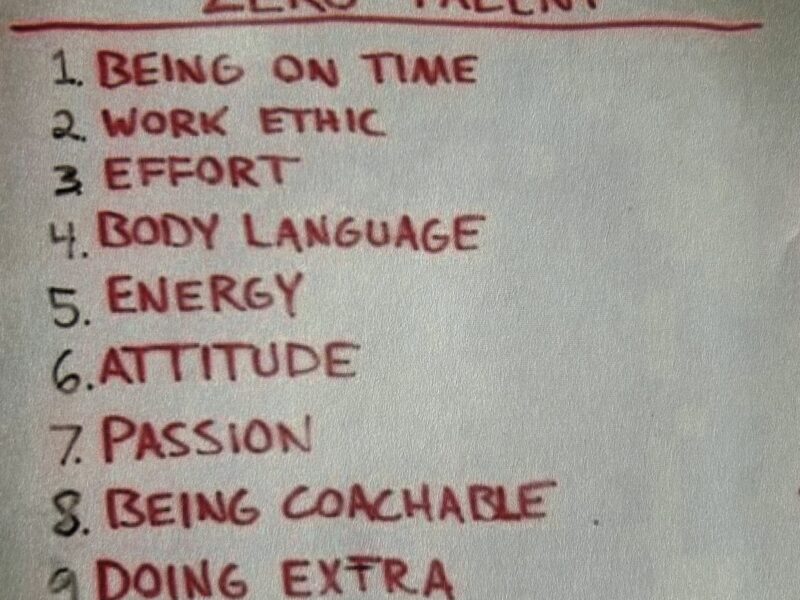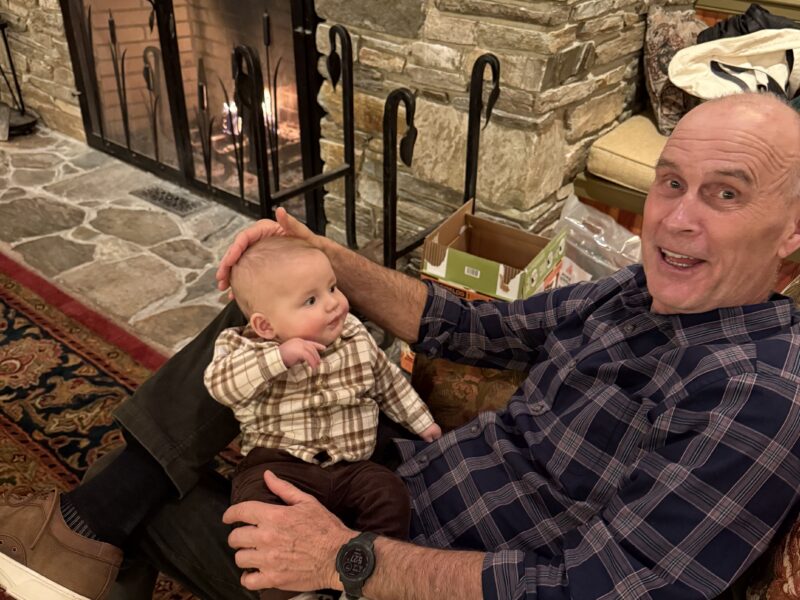
Whenever educators talk to me about the Discovery Process (DP) as a potential “culture-boosting” option for their schools, they tend to focus their questions on the front end: e.g., training, how to get started, how to encourage teacher buy-in, etc. While that may be natural, I find myself pushing what can happen on the back end, especially the 5 Benefits promised by the program:

One sure way to cement the cultural gains established during a school year is to intentionally bring the parents into the loop. (A popular DP adage states, “Parents are the primary teachers and the home is the primary classroom.”) Toward that end, one of our DP schools has each Discovery Group leader send brief (3-4 sentences) year-end comments to the parents of the students in their respective groups. To illustrate, here are some actual comments — the names have been changed — sent by one teacher:
- John has a great sense of humor and a willingness to be vulnerable. He shows concern for others and has set a good example for his peers in that regard. A challenge for John over the summer is to improve his work ethic and reflect on his strengths. What does he feel he does well, and can he allow himself to be proud of that? We have enjoyed having John in our Discovery Group this year and hope you all have a great summer! (Note: Although some variation of this final sentence can be found in each comment, I have deleted that part of the comment in the following examples.)
- Ben has grown so much this year. He really set the tone for our group with his willingness to be vulnerable with others. His strong work ethic and concern for others sets a great example for his peers. At times, though, Ben allows his silliness to come out when the occasion calls for seriousness. He has a strong character and knows who he is, but we challenge him to reflect on how he can be confident to show his real self to his friends.
- Debbie has yet to fully embrace the idea of being vulnerable with others, although she has grown in her willingness to offer feedback to her peers. She has shown her creative side through singing and piano performances, and she took a step of leadership on the dance team. A challenge for Debbie this summer is to reflect on what holds her back from engaging more with the community.
- David has shown more willingness to share openly with our Discovery Group since he arrived at the beginning of the year. He has also grown in demonstrating more humility and listening to others. A challenge for David to work on this summer is to reflect on who he is aside from his love of athletics and to understand what strengths he can bet on in the future.
- Sam has grown this year in his ability to recognize his obstacles and how they affect him. A challenge for him this summer is to reflect on what makes him so successful on the lacrosse field and decide how he can channel that into other areas of his life.
- Michael has had his ups and downs this year. Some of his strengths are his wisdom and willingness to be open with others. There are times, though, when he seems to stretch the truth. Does he know why he does this? A challenge for Michael work on this summer is to “try on” what being more honest with himself and others feels like.
- Dan has had his ups and downs this year. When he shows up, he is an impressive young man. He is intelligent, funny, and kind. Unfortunately, Jalen made a poor choice that shortened his time here in the spring. A challenge for Dan this summer is to reflect on who he wants to be and what holds him back from saying “no” to impulses and negative influences.
As you can see, the idea is two-fold:
1) Give the student something to think about over the summer.
2) Define some talking points for family discussion.
When all is said and done, try to bring balance to the front and back ends. For sure, the benefits of DP have a better chance of taking hold with strong planning and preparation. However, staying power often depends upon attention paid to a strong finish.
Onward, Malcolm Gauld



